Why Choose Colombia for Dental Implants?
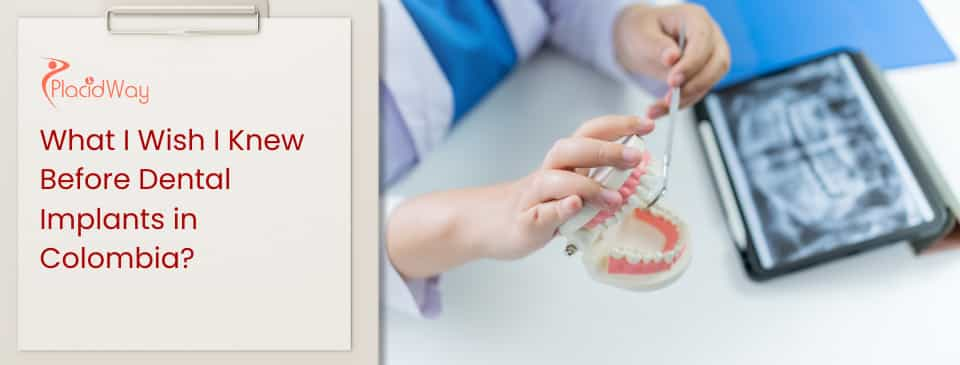
Thinking about getting dental implants in Colombia? You're not alone! Many people from around the world are choosing Colombia for their dental needs, particularly for procedures like dental implants. It's a country that has gained a strong reputation for offering high-quality dental care at a fraction of the cost you might find in North America or Europe. But like any significant medical decision, going abroad for treatment requires careful planning and knowing what to expect.
This guide aims to give you a comprehensive overview of what you wish you knew before embarking on your dental implant journey in Colombia. We'll cover everything from the typical costs and safety standards to the procedure timeline, recovery process, and how to pick the best clinics and dentists. Our goal is to provide you with the information you need to make an informed decision and have a smooth, successful experience. Whether you're considering a single implant, multiple implants, or a full-mouth restoration, understanding these key aspects will help you navigate the process with confidence.
We'll delve into the specifics that many patients often overlook, ensuring you're fully prepared for your trip and treatment. From travel logistics to post-operative care, every detail can impact your experience. By the end of this read, you'll have a clear picture of what makes Colombia a compelling option for dental implants and what crucial factors to consider before you book your flight. Let’s explore the essential insights that can make your dental tourism experience in Colombia a truly positive one.
What is the average of dental implants cost in Colombia?
One of the primary reasons individuals consider dental implants in Colombia is the substantial cost savings. While prices can vary based on the clinic, the materials used, the complexity of the case, and the specific city, a single titanium implant, including the abutment and crown, typically falls within the $500 to $1,600 USD range. This is a dramatic difference compared to prices in the United States or Canada, where a single implant can cost anywhere from $3,000 to $6,000 or more.
For more extensive treatments like full-mouth restorations, such as "All-on-4" or "All-on-6" dental implants, the savings become even more pronounced. For instance, an All-on-4 procedure in Colombia might cost around $6,300 to $8,000 per arch, while the same procedure could exceed $20,000 to $30,000 in North America. These package deals often include the implants, the fixed hybrid acrylic bridge, and the surgeon's fees.
It's essential to get a detailed quote from your chosen clinic that outlines all included costs, such as initial consultations, X-rays, implant placement, abutment, and the final crown or prosthesis. Be aware that additional procedures like bone grafting or sinus lifts, if needed, will add to the overall cost, but these are also more affordable in Colombia.
Are dental implants in Colombia safe and reliable?
The safety and reliability of dental implants in Colombia are common concerns for patients considering dental tourism. Fortunately, Colombia has made significant advancements in its healthcare infrastructure and dental industry. Many clinics catering to international patients operate with state-of-the-art technology, including 3D imaging (CBCT scans) and CAD/CAM systems for precise planning and fabrication of prosthetics. They often use globally recognized implant brands like Straumann and Nobel Biocare, which are also popular in Western countries.
Colombian dental professionals, particularly those specializing in implantology, frequently receive training from international institutions and stay updated on the latest techniques. Many clinics are also accredited by local health authorities and some even hold international certifications, indicating their commitment to high standards of hygiene, patient care, and safety protocols. It's crucial to research and choose reputable clinics with verifiable patient reviews and transparent practices to ensure a safe and successful outcome.
However, as with any medical procedure, risks exist. These are generally minimized by proper patient selection, meticulous planning, and skilled execution. Complications are rare but can include infection, nerve damage, or implant failure, similar to procedures performed anywhere else in the world. Choosing a clinic that offers comprehensive pre- and post-operative care, and clear communication, is key to mitigating these risks.
What are the best cities in Colombia for dental implants?
When planning your dental implant trip to Colombia, the choice of city can significantly impact your experience. While quality clinics can be found throughout the country, three cities consistently stand out as prime destinations for dental tourism:
- Bogotá: As Colombia's capital and largest city, Bogotá boasts a concentration of world-class dental clinics equipped with cutting-edge technology. It offers a sophisticated urban experience with numerous cultural attractions, fine dining, and diverse accommodation options. Many top specialists are based here.
- Medellín: Known as the "City of Eternal Spring" for its pleasant climate, Medellín has a modern infrastructure and a growing reputation for medical tourism. Its clinics are highly regarded for advanced dental procedures, and the city offers a vibrant social scene, beautiful landscapes, and a friendly atmosphere.
- Cartagena: This historic colonial city on the Caribbean coast combines high-quality dental care with breathtaking beaches and rich cultural heritage. Patients often choose Cartagena to enjoy a relaxing recovery in a picturesque setting. It's a popular choice for those seeking to blend their dental treatment with a vacation.
Other cities like Cali and Barranquilla also have reputable dental clinics, but Bogotá, Medellín, and Cartagena tend to be the most popular choices for international patients due to their accessibility, established medical tourism infrastructure, and range of amenities.
How long does a dental implant procedure take in Colombia?
The timeline for getting dental implants in Colombia generally follows a multi-stage process, requiring at least two separate trips to ensure optimal integration and results.
The first trip usually lasts between 5 to 8 business days. During this visit, the initial consultation, comprehensive imaging (like CBCT scans), treatment planning, and the surgical placement of the titanium implant post(s) into your jawbone take place. If preliminary procedures like tooth extractions, bone grafting, or sinus lifts are necessary, these may also be performed during this initial visit. These additional procedures can extend the overall timeline, sometimes adding 3 to 9 months of healing time before the implant can even be placed.
After the first trip, there's a crucial healing period back in your home country, typically lasting 3 to 6 months. This time allows for osseointegration, where the implant fuses with your jawbone, creating a strong and stable foundation.
The second trip to Colombia, usually 4 to 12 business days, is for placing the abutment (connector) and the final crown or prosthesis. In some cases, with excellent bone quality, immediate load implants or temporary teeth can be placed during the first visit, allowing you to leave with a functional smile. However, a second trip for the permanent restoration is almost always required after full osseointegration. The exact duration depends on the number of implants, the individual healing rate, and any additional procedures performed.
What is the recovery process like after dental implant surgery in Colombia?
Understanding the recovery process is key to a smooth experience with dental implants in Colombia. Immediately after the implant surgery, it's normal to experience some discomfort, swelling, and possibly minor bruising around the surgical site. These symptoms typically peak within 2-3 days and gradually subside over the next week.
Your dentist will provide detailed post-operative instructions, which commonly include:
- Pain Management: Taking prescribed pain relievers and anti-inflammatory medication as directed.
- Swelling Reduction: Applying ice packs to your cheek in 20-minute intervals during the first 24-48 hours.
- Diet: Sticking to a soft food and liquid diet for the first few days, gradually reintroducing solid foods as comfort allows. Avoid chewing directly on the implant site.
- Oral Hygiene: Gentle brushing around the surgical area after 24 hours and using any prescribed antiseptic mouthwash. Avoid aggressive rinsing or spitting.
- Activity: Restricting strenuous physical activity for several days to a week to prevent dislodging the blood clot and minimize swelling.
- Smoking and Alcohol: Avoiding smoking and alcohol, as they can hinder the healing process.
The initial healing phase, where soft tissues recover, usually takes about 1-2 weeks. The more significant healing, osseointegration, occurs over 3-6 months. During this period, the implant fuses with your jawbone. Your clinic will provide clear instructions for care during this time, and you'll return for your second trip once sufficient healing has occurred.
What qualifications should I look for in a Colombian dentist for implants?
Choosing the right dentist is perhaps the most critical factor for a successful dental implant procedure in Colombia. Here’s what to look for:
- Specialization: For dental implants, dentists should ideally be specialists in Periodontics (gums and supporting bone), Oral and Maxillofacial Surgery (complex surgical procedures), or Prosthodontics (restoring and replacing teeth). These specializations indicate advanced training in implantology.
- Experience: Ask about their experience and how many implant procedures they have performed. A dentist with a significant number of successful cases is a good sign.
- Accreditations and Training: Inquire about their educational background, particularly any international training or certifications. Many top Colombian dentists have studied or trained in the US, Europe, or other highly regarded institutions.
- Technology Use: A reputable clinic will use modern diagnostic and treatment technology, such as Cone Beam Computed Tomography (CBCT) for 3D imaging, intraoral scanners, and surgical guides for precise implant placement.
- Patient Reviews and Testimonials: Look beyond the clinic's website. Check independent review platforms (Google reviews, medical tourism forums) for consistent positive feedback regarding their professionalism, results, and patient care.
- Communication: Ensure the dentist and clinic staff can communicate effectively in English, or that they provide reliable translation services. Clear communication is vital for understanding your treatment plan and asking questions.
Don't hesitate to request a virtual consultation before traveling. This allows you to "meet" the dentist, discuss your case, and assess their communication style and the clinic's professionalism.
What are the travel considerations for dental work in Colombia?
Traveling for dental implants in Colombia involves several logistical considerations to ensure a smooth trip:
- Visa Requirements: Check if you need a visa to enter Colombia. Many nationalities, including citizens from the US, Canada, and most European countries, do not require a visa for stays up to 90 days for tourism purposes, which often covers dental tourism. However, if your treatment requires a longer stay, or you are from a country that requires a visa, you may need to apply for a specific medical treatment visa.
- Flights: Colombia has major international airports in Bogotá, Medellín, and Cartagena, offering direct flights from various cities in North and South America. Book your flights in advance for better rates and availability.
- Accommodation: Research and book accommodation close to your chosen dental clinic. Many clinics can recommend nearby hotels or offer concierge services to assist with arrangements. Staying nearby minimizes travel time, especially important post-surgery.
- Transportation: Plan how you'll get around. Taxis, ride-sharing apps (like Uber, if available and safe in your chosen city), and sometimes clinic-provided transportation are options.
- Currency and Payments: The local currency is the Colombian Peso (COP). While some clinics may accept USD, it’s advisable to have some local currency. Credit cards are widely accepted, but inform your bank of your travel plans.
- Safety: While Colombia has significantly improved in safety, it's always wise to be aware of your surroundings, especially in larger cities. Stick to reputable areas, avoid flashing valuables, and use trusted transportation.
- Travel Insurance: Consider purchasing comprehensive travel insurance that includes medical emergencies and trip cancellation coverage. While dental treatment itself might not be covered, related travel issues or unexpected health problems would be.
Remember to factor in recovery time. While you might want to explore, prioritize rest and follow post-operative instructions, especially in the first few days after surgery.
What are the potential risks associated with dental tourism in Colombia?
While dental tourism in Colombia offers many benefits, it's important to be aware of potential risks to mitigate them effectively:
- Communication Barriers: Although many clinics catering to international patients have English-speaking staff, language differences can still arise, potentially leading to misunderstandings about treatment plans or aftercare instructions. It’s vital to confirm the clinic's language proficiency beforehand.
- Limited Follow-up Care: One of the main challenges is follow-up care once you return home. While Colombian clinics provide instructions, ongoing care (e.g., stitch removal, minor adjustments, or addressing rare complications) typically falls to your local dentist, who may be hesitant to manage work performed abroad. Discuss this with your local dentist before traveling.
- Quality Assurance: Not all clinics or dentists operate at the same high standard. Without proper research, you might inadvertently choose a clinic that doesn't meet international hygiene or clinical standards, potentially leading to complications or unsatisfactory results. This highlights the importance of thorough vetting.
- Travel Complications: Unexpected travel delays, flight cancellations, or health issues unrelated to your dental procedure can disrupt your treatment schedule and add unforeseen costs.
- Legal Recourse: In the rare event of a dispute or malpractice, seeking legal recourse in a foreign country can be challenging and costly.
To minimize these risks, rigorous research, clear communication with the clinic, transparent contracts, and planning for potential contingencies are crucial.
What should I prepare before my trip for dental implants in Colombia?
Proper preparation can make your dental implant experience in Colombia significantly smoother. Here’s a checklist of what you should prepare:
- Dental Records: Gather all relevant dental records, including recent X-rays, panoramic images, and any notes from previous consultations with your local dentist. Share these with your Colombian clinic in advance.
- Detailed Treatment Plan and Quote: Ensure you have a clear, written treatment plan from the Colombian clinic, detailing the exact procedures, materials, number of visits, and the total cost. Clarify what's included and what's extra.
- Financial Planning: Confirm payment methods accepted by the clinic. While cash may offer a slight discount at some places, credit cards are generally safer. Budget for the procedure, flights, accommodation, food, local transportation, and a buffer for unexpected expenses. Explore financing options if needed, but typically you pay upfront or in installments during your visits.
- Travel Documents: Ensure your passport is valid for at least six months beyond your planned return date. Have copies of your passport, flight tickets, accommodation bookings, and clinic appointments.
- Communication Tools: Download translation apps if you anticipate language barriers beyond the clinic staff. Ensure your phone plan works internationally or purchase a local SIM card upon arrival.
- Personal Items: Pack comfortable clothing suitable for recovery, any personal medications you take regularly, and essential toiletries.
- Emergency Contacts: Keep a list of emergency contacts, including your family, the clinic's contact information, and your embassy or consulate in Colombia.
- Pre-Trip Health Check: A general health check-up with your family doctor before traveling can ensure you are fit for surgery. Discuss any pre-existing conditions or medications you are taking.
Being well-prepared reduces stress and allows you to focus on your recovery and enjoy your time in Colombia.
What are the advantages of getting dental implants in Colombia?
Choosing Colombia for your dental implants comes with several compelling advantages:
- Cost-Effectiveness: This is arguably the biggest draw. Dental procedures in Colombia, including implants, are considerably more affordable than in countries like the United States, Canada, or many parts of Europe, often representing savings of 50-70%. This doesn't necessarily mean lower quality, but rather lower operating costs, labor, and material expenses.
- High Quality of Care: Many Colombian dental clinics, especially those targeting international patients, uphold international standards of care. They invest in modern equipment, advanced diagnostic tools (like CBCT scanners), and use reputable implant brands.
- Experienced Specialists: Colombia boasts a strong pool of highly trained and experienced dental specialists. Many have pursued postgraduate education and training abroad, bringing international expertise to their practices.
- Advanced Technology: Clinics are often equipped with state-of-the-art dental technology, including digital X-rays, intraoral scanners, and CAD/CAM systems, which contribute to precise treatment planning and efficient delivery of results.
- Opportunity for Tourism: Combining your dental treatment with a vacation is a major perk of dental tourism. Colombia offers diverse attractions, from the vibrant culture of Bogotá and Medellín to the historic charm of Cartagena and the natural beauty of its landscapes, allowing you to recover and explore.
- Accessibility: For patients from North America, Colombia is relatively easy to reach with numerous direct flights, making the travel less burdensome than to more distant destinations.
These factors collectively make Colombia an attractive and viable option for individuals seeking affordable yet high-quality dental implant solutions.
Are there disadvantages to getting dental implants in Colombia?
While the advantages are significant, it's also important to consider the potential drawbacks of getting dental implants in Colombia:
- Multiple Trips Required: As mentioned, the standard implant process typically requires two separate trips, spaced several months apart. This means additional travel costs, time off work, and planning.
- Follow-up Care Challenges: Post-operative care, especially long-term maintenance or addressing unexpected issues, can be difficult from a distance. While clinics provide instructions, ongoing care usually needs to be managed by a local dentist, who might charge more or be reluctant to work on procedures not performed by them.
- Language Barrier: Although many clinics cater to international patients with English-speaking staff, outside the clinic, you may encounter language barriers, which can complicate daily activities or emergencies.
- Thorough Research is Crucial: The onus is on the patient to conduct extensive research to find a reputable clinic and qualified dentist. Not all clinics maintain the same high standards, and a poor choice can lead to complications.
- Travel Time and Fatigue: Even relatively short flights can be tiring, especially after a surgical procedure. The energy needed for travel combined with recovery can be demanding.
- Cultural Differences: While generally a welcoming country, cultural differences in communication or patient expectations might arise.
- Emergency Preparedness: In rare cases of immediate post-operative complications, navigating a medical emergency in a foreign country can be stressful.
These disadvantages are manageable with careful planning, open communication with your chosen clinic, and realistic expectations about the process.
Can I finance dental implants in Colombia?
When it comes to financing dental implants in Colombia, the process is usually different from how you might finance a procedure in your home country. Most Colombian dental clinics, especially those with competitive pricing, generally require upfront payment or payment in installments during your visits. They typically do not offer in-house financing options for international patients in the same way a domestic clinic might.
Therefore, if you require financing, you will likely need to arrange it in your home country. This could include:
- Personal Loans: Many patients secure personal loans from their banks or credit unions to cover the cost of the procedure and travel.
- Medical Credit Cards: Specialized medical credit cards or general credit cards with favorable interest rates can be an option, but be mindful of interest accumulation.
- Home Equity Loans/Lines of Credit: For homeowners, utilizing home equity might provide a lower-interest financing solution.
- Medical Tourism Facilitators: Some medical tourism agencies or facilitators might offer or partner with companies that provide financing solutions specifically for international medical travel.
- Savings: Many patients save up for the procedure, taking advantage of the lower costs to make dental implants more accessible.
It's essential to have your financial plan in place before you travel, ensuring you have the funds ready for the treatment and all associated travel and living expenses. Always confirm payment options directly with your chosen clinic well in advance.
Are dental implants painful in Colombia, and what about anesthesia?
A common concern for anyone considering dental implants is pain. In Colombia, as in other countries, dental implant surgery is performed under local anesthesia, meaning you will be awake but the surgical area will be completely numb. This ensures that you do not feel any pain during the procedure itself. Many clinics also offer options for sedation, such as oral sedatives or intravenous (IV) sedation, for patients who experience anxiety or for more extensive procedures. This helps you relax throughout the surgery.
After the anesthesia wears off, it is normal to experience some discomfort, swelling, and mild pain. This is a natural part of the healing process. Your dentist will prescribe pain medication to manage this discomfort effectively. The most significant discomfort usually occurs in the first 2-3 days following the surgery and then gradually subsides.
It's important to follow all post-operative instructions carefully, including taking prescribed medications, applying ice packs, and adhering to a soft diet, to minimize pain and promote healing. Most patients report that the post-operative discomfort is manageable and less severe than anticipated.
How long do dental implants last, and what is their lifespan in Colombia?
The longevity of dental implants is a key consideration for patients, and the lifespan of implants placed in Colombia is comparable to those placed in other parts of the world. Dental implants are designed to be a long-term, permanent solution for tooth replacement. With proper care and maintenance, the implant itself (the titanium post fused to the jawbone) can last for 25 years, often a lifetime.
However, the crown or prosthesis attached to the implant may need to be replaced after 10-15 years due to wear and tear, similar to natural teeth. Several factors influence the lifespan of dental implants:
- Oral Hygiene: Regular and thorough brushing, flossing, and professional cleanings are crucial to prevent peri-implantitis, an infection that can lead to implant failure.
- Patient Habits: Smoking, excessive alcohol consumption, and teeth grinding (bruxism) can negatively impact implant longevity. If you grind your teeth, your dentist may recommend a night guard.
- Quality of Implant and Procedure: The use of high-quality, internationally certified implant brands and the expertise of the surgeon in placing the implant correctly play a significant role in long-term success.
- Bone Health: Adequate bone density and overall bone health are important for the stability and longevity of the implant.
- Regular Dental Check-ups: Visiting your dentist for regular check-ups and professional cleanings, even after returning home, is vital for monitoring the health of your implants and surrounding tissues.
Colombian clinics use the same high-quality materials and follow the same surgical protocols as clinics in North America, so the durability of your implants will largely depend on your adherence to post-care instructions and general oral hygiene.
What kind of follow-up care is needed after dental implants from Colombia?
Follow-up care is a critical component of ensuring the long-term success and health of your dental implants, whether you receive them in Colombia or elsewhere. While your Colombian clinic will provide detailed post-operative instructions for the initial recovery phase, ongoing care primarily falls to you and your local dentist once you return home.
Key aspects of follow-up care include:
- Excellent Oral Hygiene: This is paramount. Treat your implants like natural teeth by brushing at least twice a day, flossing daily (using special dental floss or interdental brushes if recommended), and using an antiseptic mouthwash.
- Dietary Considerations: While implants allow you to eat most foods, avoid excessively hard or sticky foods that could damage the crown or prosthesis, especially during the initial healing period.
- Regular Dental Check-ups: Schedule regular check-ups with your local dentist every six months, or as recommended. These appointments are crucial for monitoring the health of your implants, surrounding gums, and bone. Your local dentist can perform professional cleanings, detect any potential issues early, and ensure the implants are functioning properly.
- Addressing Issues Promptly: If you notice any unusual pain, swelling, bleeding, or if the implant feels loose, contact your dentist (local or Colombian, depending on the severity and timing) immediately.
- Night Guards: If you have a history of teeth grinding (bruxism), a night guard can protect your implants and natural teeth from excessive force.
It's advisable to discuss your plans for follow-up care with your local dentist before you travel to Colombia to ensure they are willing to provide ongoing maintenance and support for your new implants.
Are there language barriers in Colombian dental clinics?
The concern about language barriers is legitimate when traveling for medical procedures. For dental implants in Colombia, you'll find that many clinics specifically designed to serve international patients have made significant efforts to ensure clear communication.
Most reputable dental clinics in major cities like Bogotá, Medellín, and Cartagena employ dentists and administrative staff who are fluent in English. They understand that clear communication is essential for patient comfort, understanding treatment plans, and ensuring a successful outcome. Some clinics even have dedicated international patient coordinators who can assist with scheduling, logistics, and any language-related needs.
However, it's always a good practice to confirm the language proficiency of the staff when you first contact a clinic for a consultation. You can do this via email or a virtual call. If you're comfortable with basic Spanish, it can certainly enhance your overall experience in the country, especially outside the clinic setting. For critical discussions about your treatment, ensure there's a reliable English-speaking professional or interpreter present.
What types of dental implants are available in Colombia?
When considering dental implants in Colombia, you'll find that clinics offer a comprehensive range of implant solutions to address various tooth loss situations. The types of implants available are generally the same as those found in other advanced dental markets:
- Single Dental Implants: Used to replace a single missing tooth. A titanium or zirconia post is placed into the jawbone, topped with an abutment, and then a custom crown.
- Implant-Supported Bridges: When multiple adjacent teeth are missing, a bridge can be supported by two or more implants, eliminating the need to involve natural teeth for support.
- All-on-4 Dental Implants: A popular full-arch restoration technique where a complete set of upper or lower teeth (a fixed prosthesis) is supported by only four strategically placed implants. This is often an option for patients with significant tooth loss or compromised bone density.
- All-on-6 / All-on-8 Dental Implants: Similar to All-on-4, but using six or eight implants for increased stability and improved force distribution, particularly beneficial for patients with good bone density seeking maximum support.
- Snap-On Dentures (Implant-Supported Dentures): These are removable dentures that snap onto a few strategically placed implants, offering much greater stability and comfort than traditional dentures.
In terms of materials, both titanium dental implants (the most common and well-researched) and zirconia dental implants (a metal-free, ceramic alternative often chosen for aesthetic reasons or metal allergies) are widely available. Your dentist will recommend the best type and material based on your specific oral health, bone structure, and aesthetic goals.
Considering dental care abroad? Explore PlacidWay's extensive network of trusted clinics and experienced specialists for your medical tourism needs. Find your perfect solution for high-quality, affordable healthcare.


.png)
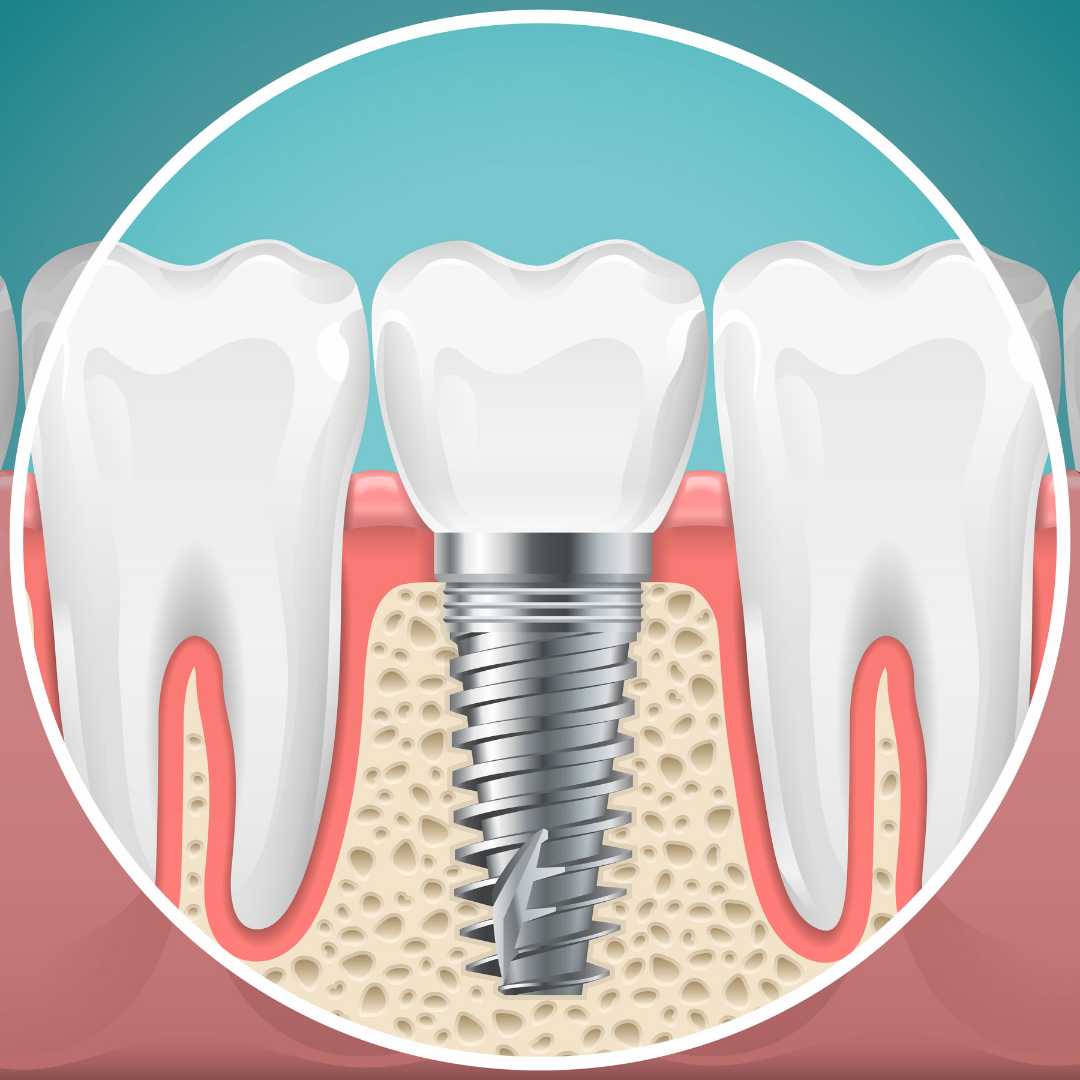

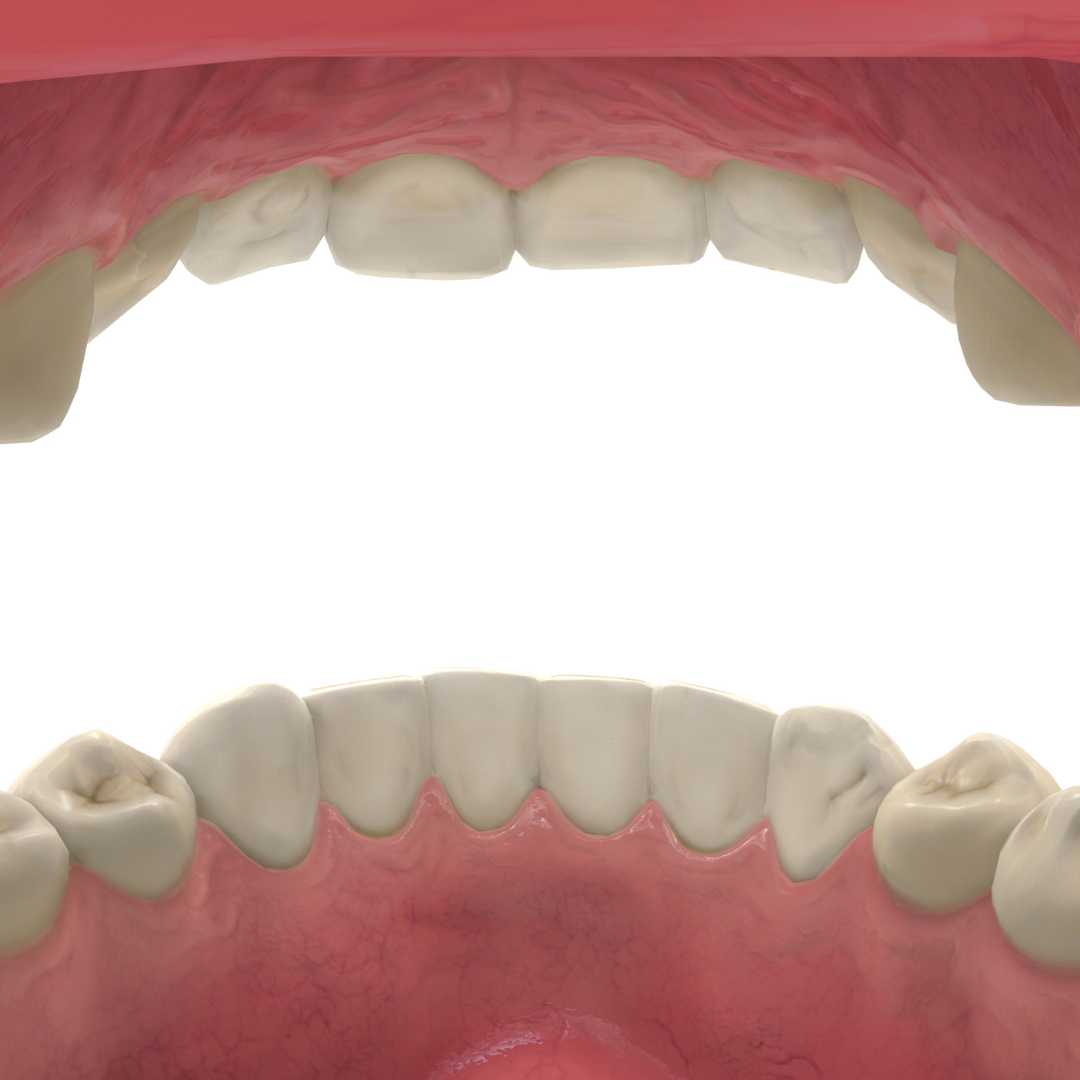

.png)
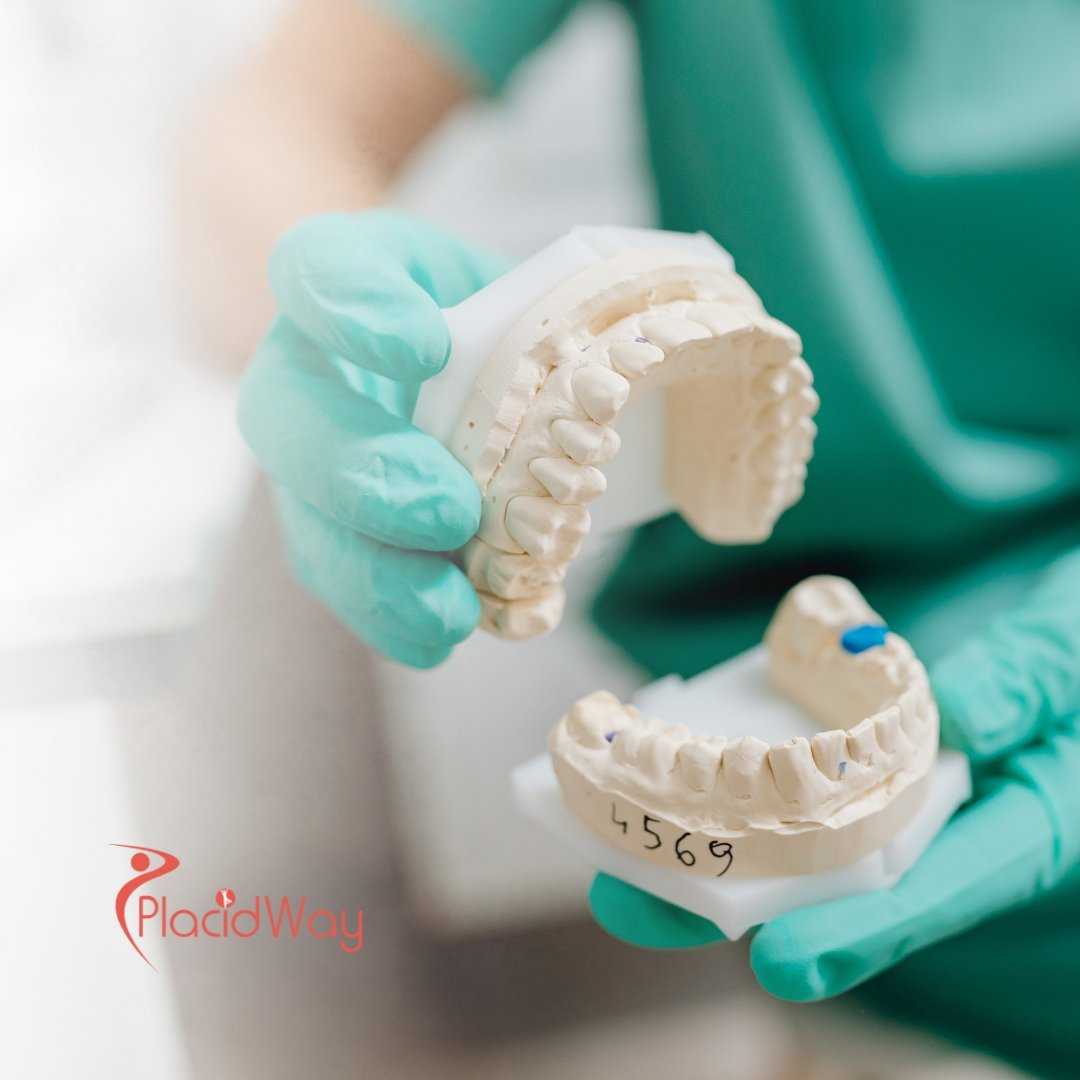
.png)


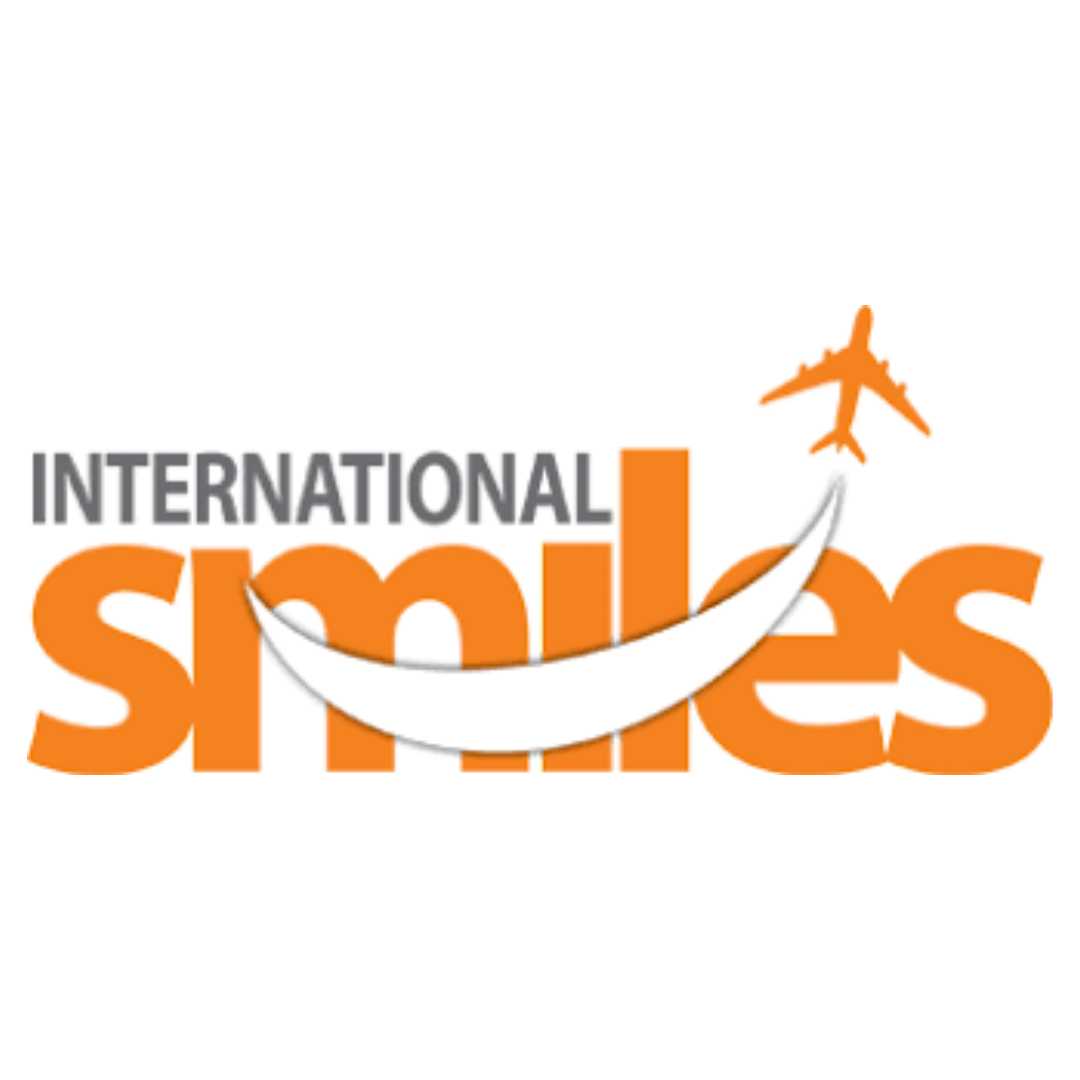


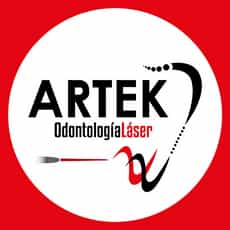

Share this listing